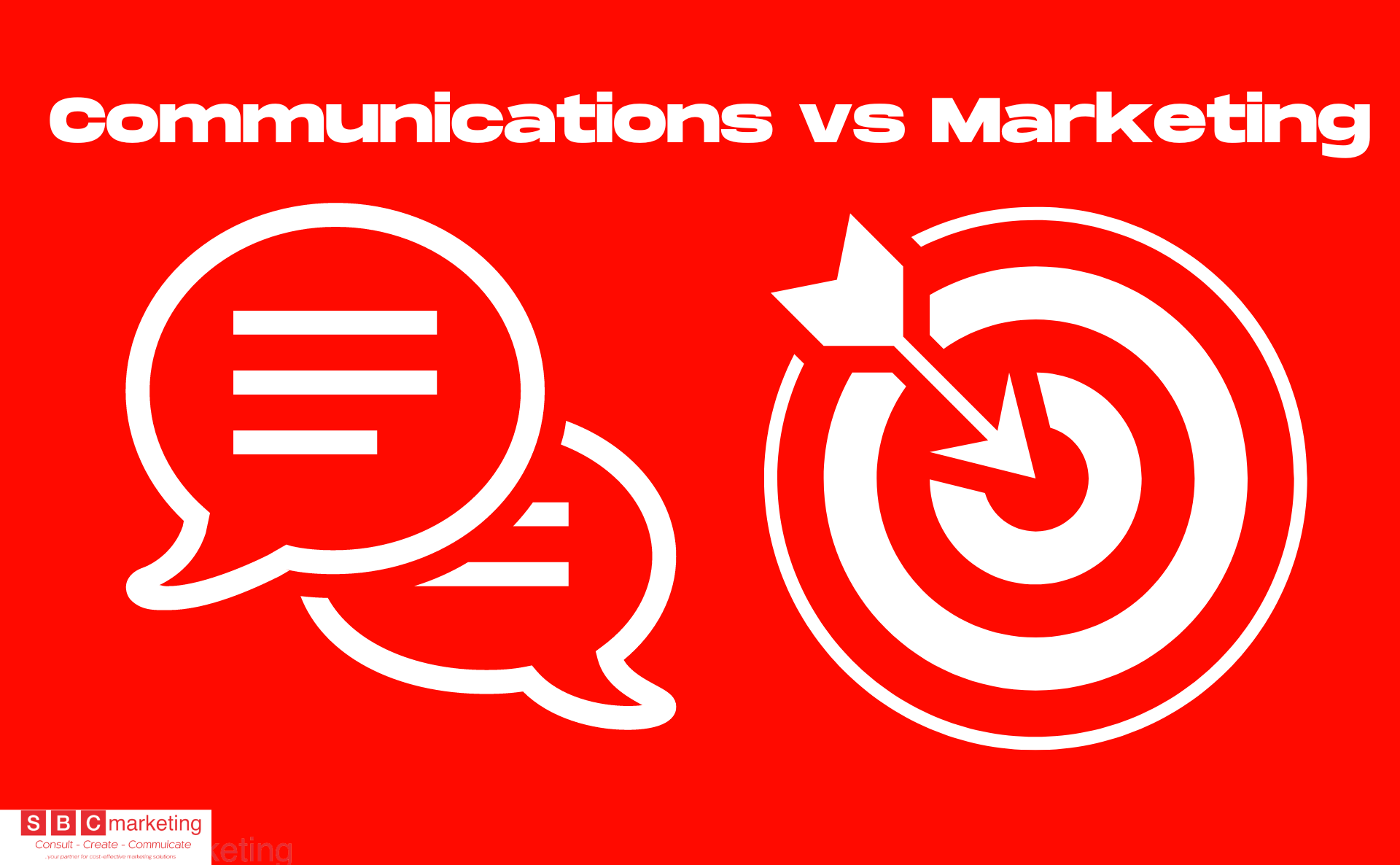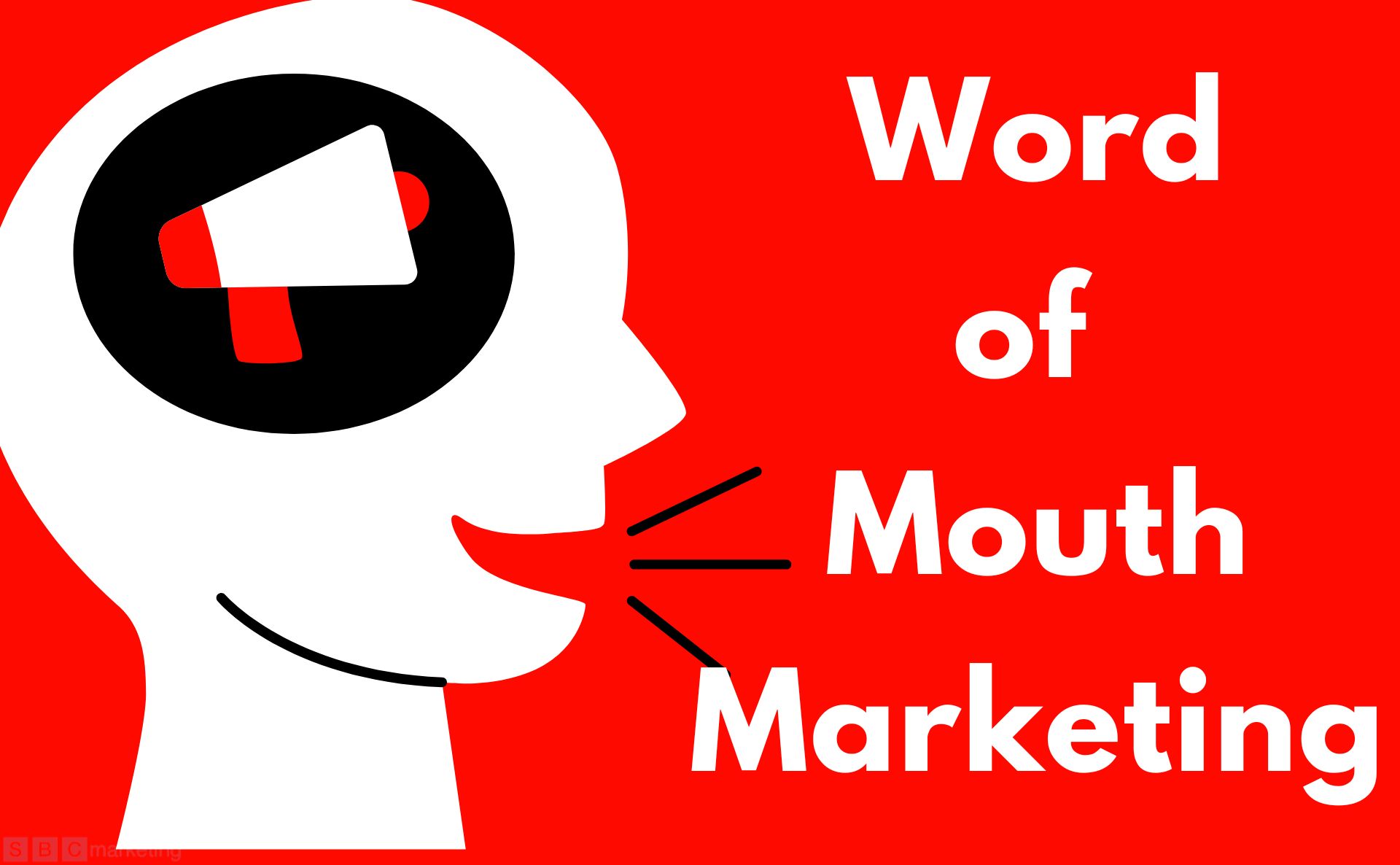Communications vs Marketing: Understanding the Distinctive Landscape
In today’s interconnected and fast-paced world, effective communication and strategic marketing are paramount for the success of any organization. While often intertwined, communications and marketing represent distinct disciplines, each with its unique objectives, strategies, and approaches. This essay delves into the differences between communications and marketing, shedding light on their individual roles, functions, and contributions to an organization’s overall success.
Defining Communications and Marketing:
Communications and marketing are two closely related yet separate functions within an organization. At their core, communications encompass the strategies and activities aimed at conveying information, messages, and ideas to various stakeholders, both internal and external. Communication efforts seek to establish relationships, foster understanding, and manage perceptions.
On the other hand, marketing focuses on the process of promoting and selling products, services, or ideas to target audiences. Marketing strategies aim to create value by identifying customer needs, developing offerings that fulfill those needs, and positioning those offerings in the market.
Objectives and Goals:
Communications primarily aims to build and maintain relationships, enhance the organization’s reputation, and ensure consistent and transparent messaging. It seeks to establish trust, credibility, and goodwill with stakeholders, including employees, customers, investors, the media, and the general public. Effective communication helps manage crises, share information about organizational developments, and shape public opinion.
Marketing, meanwhile, is oriented towards generating revenue and driving sales. Its objectives include creating awareness, generating interest, stimulating demand, and ultimately converting leads into customers. Marketing strategies are designed to showcase the value of products or services, differentiate them from competitors, and encourage consumers to make purchasing decisions.
Audience and Targeting:

Audience and Targeting:
In communications, the focus is on a broad spectrum of stakeholders. Internal communications engage employees, aligning them with the organization’s mission and values. External communications reach out to customers, investors, media outlets, government bodies, and the public. The goal is to establish a positive perception of the organization and maintain open channels of dialogue.
Marketing, on the other hand, centers on a specific target audience. Extensive market research and segmentation are undertaken to understand customer demographics, preferences, behaviors, and needs. By tailoring marketing messages to resonate with the identified target audience, marketing campaigns aim to drive engagement and conversions.
Message and Content:
Communications emphasize transparency, accuracy, and consistency in messaging. The content often revolves around organisational updates, news, events, and corporate social responsibility initiatives. Communications aim to tell the organization’s story, build its brand image, and address concerns or questions from stakeholders.
Marketing, however, crafts persuasive messages that highlight the unique selling points of products or services. Content focuses on benefits, features, and solutions that address customer pain points. Marketing campaigns aim to create an emotional connection with the audience and compel them to take a desired action, whether it’s making a purchase, signing up for a service, or subscribing to a newsletter.
Metrics and Evaluation:
In communications, success is often measured through qualitative indicators such as brand perception, media coverage, stakeholder engagement, and sentiment analysis. Metrics might include the tone of media mentions, the frequency of communication with stakeholders, and feedback from employees and customers. The goal is to assess how effectively communication efforts are fostering positive relationships and managing the organisation’s reputation.
Marketing, on the other hand, relies on quantitative metrics tied directly to business outcomes. Key performance indicators (KPIs) such as conversion rates, sales revenue, return on investment (ROI), and customer acquisition cost (CAC) are used to evaluate the effectiveness of marketing campaigns. These metrics provide a clear assessment of whether marketing efforts are driving revenue and achieving the desired results.
Collaboration and Integration:

Collaboration and Integration:
While communications and marketing have distinct roles, they are interconnected and often collaborate closely. Effective communication is essential for conveying marketing messages and ensuring consistency across all communication channels. Marketing campaigns benefit from well-crafted, transparent, and credible communication that aligns with the organization’s overall messaging strategy.
In modern organizations, the lines between communications and marketing are becoming increasingly blurred, giving rise to the concept of integrated communications. Integrated communications involve aligning communication and marketing strategies to create a seamless and cohesive experience for stakeholders. This approach recognizes that both functions contribute to shaping an organization’s reputation, brand image, and relationships.
Conclusion:
In conclusion, communications and marketing are two essential pillars of organizational success, each with its distinct goals, strategies, and focus areas. While communications prioritize building relationships, managing perceptions, and fostering dialogue with a wide range of stakeholders, marketing is centered around generating revenue by crafting persuasive messages that resonate with a specific target audience. Their interplay is crucial for a holistic approach to shaping an organization’s identity, reputation, and market presence. As the business landscape evolves, the synergy between communications and marketing continues to evolve, highlighting the dynamic nature of these essential functions.
Ready to Enhance Your Organisation’s Success? Contact Us Today!
Are you eager to navigate the intricate realms of communications and marketing to elevate your organization’s standing and drive tangible results? Our expert team is here to provide tailored strategies that harness the power of both disciplines. Whether you’re aiming to fortify stakeholder relationships through strategic communication or boost revenue with impactful marketing campaigns, we have the insights and expertise to guide you.
Don’t miss out on the opportunity to unlock the full potential of your organization. Reach out to us now to embark on a journey toward integrated success. Contact us at hello@sbc-marketing.co.uk or Call@ 020 3553 1297 to get started!










